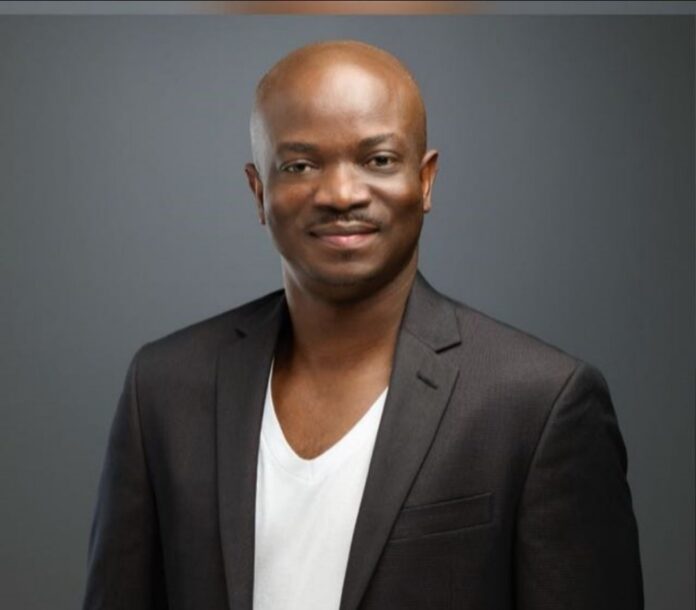
When President John Dramani Mahama unveiled the Big Push Agenda, the headlines focused on the figure: US$10 billion to supercharge infrastructure across the nation.
Roads, bridges, railways, and water systems as the big-ticket items that drew attention. However, beneath the steel and concrete lies an equally important story: jobs and the skills to do them.
The truth is, infrastructure without the skilled hands to build and maintain it is as vital as policy success. The Big Push, if properly aligned with Technical and Vocational Education and Training (TVET), could become the most transformative employment generator Ghana has seen in decades.
Jobs are the heartbeat
Ghana’s youth unemployment challenge is no secret. Each year, thousands graduate into a labour market that offers far fewer opportunities than there are seekers. Many find themselves underemployed, in informal work, or in desperate search of options abroad; an undesirable situation for Kwame Nkrumah’s Ghana.
The Big Push aims to change this by accelerating infrastructure projects nationwide. But here’s the catch: every kilometre of road, every bridge girder, every water system installation requires technicians, masons, welders, electricians, and machine operators. These are practical, hands-on abilities that the market urgently needs. TVET dominated.
TVET: The Skills Engine for the Big Push
Arguably, the skill sets for the Big Push initiative are TVET dominant.
Technical and Vocational Education and Training(TVET) has long been treated as the “second choice” in Ghana’s education system. That mindset must change.
Under the Big Push, TVET can be repositioned as the primary channel for:
- Training artisans for infrastructure delivery—from construction technicians to heavy equipment operators.
- Certifying skilled labour so local workers meet both national and international industry standards.
- Supporting green skills development in renewable energy, waste management, and eco-friendly construction methods.
Imagine: a young Ghanaian who might otherwise join the ranks of the unemployed instead graduates from a TVET centre as a certified road construction technician, immediately hired on a Big Push highway project in his region. That’s the practical power of skills-led infrastructure.
A Triple win for Ghana
When the Big Push is deliberately tied to TVET, three major benefits emerge:
- Employment at Scale : Thousands of jobs can be created directly through project works and indirectly in supply chains—cement factories, steel producers, transport services.
- Sustainable Skills Legacy The skills acquired through TVET programmes during the Big Push will outlast the projects themselves, enabling workers to move on to future contracts across Ghana or internationally.
- Economic Multiplication With more skilled Ghanaians employed, household incomes rise, local economies grow, and tax revenues expand—feeding a cycle of development.
The way forward
For the Big Push to truly deliver on jobs, the government must:
- Ring-fence a portion of the budget for TVET infrastructure and training.
- Partner with private construction and engineering firms to run apprenticeship programmes alongside major projects.
- Ensure gender-inclusive training, giving young women equal access to high-paying technical jobs.
- Align curricula with emerging fields like green construction and digital infrastructure monitoring.
Conclusion
The Big Push is not just about building things—it’s about building people. Infrastructure will change skylines; skills will change lives. If Ghana invests as much in TVET as it does in tarmac, steel, and concrete, the result will be a generation of young Ghanaians who are not only employed but employable for life. That is the kind of development that lasts.
The cranes will come down and the projects will finish, but the skills? They will keep Ghana moving forward.
The writer, Rashad Abdulai, is the Deputy Communications Officer of NDC, USA.
DISCLAIMER: The Views, Comments, Opinions, Contributions and Statements made by Readers and Contributors on this platform do not necessarily represent the views or policy of Multimedia Group Limited.
DISCLAIMER: The Views, Comments, Opinions, Contributions and Statements made by Readers and Contributors on this platform do not necessarily represent the views or policy of Multimedia Group Limited.


